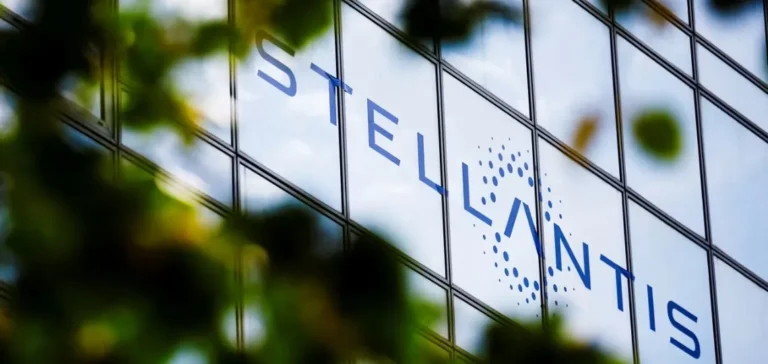Stellantis announced it would put an end to its hydrogen commercial vehicle development programme and to the production of its fuel cell-equipped models. The decision, made by the new group management, comes after an analysis of market outlook deemed insufficient to justify further investment. The manufacturer, led since the end of June by Antonio Filosa, stated in a press release that planned serial production for this summer in France and Poland would not be launched.
Commercial prospects considered insufficient
The Italian-French-American group, which launched its first hydrogen vans in 2022, reported sales of only 300 units from the initial generation. Stellantis pointed out that demand for such vehicles remains far below initial projections, notably due to what it describes as limited availability of refuelling infrastructure and high investment costs required for developing the sector. According to the statement, the one hundred employees engaged in this project will be redeployed to other activities within the group.
Hydrogen-powered light commercial vehicles offer technical advantages valued by the logistics sector, including range close to that of diesel and shorter refuelling times compared to battery-electric models. However, the acquisition price of these vehicles, around one hundred thousand euros per unit, and the scarcity of refuelling stations remain significant barriers to large-scale adoption by companies and local authorities.
Consequences for industrial partners
Stellantis’s decision also raises questions about the future of Symbio, the joint venture established in 2023 with Michelin and Forvia dedicated to hydrogen fuel cell technology. Stellantis has confirmed discussions are underway with its partners to evaluate the next steps for Symbio, while noting that the company also supplies other automotive sector clients.
The European hydrogen commercial vehicle market is marked by caution from investors and industrial operators. Other players, such as Renault, have also suspended or discontinued similar projects, such as the closure of the Flins plant earlier this year. According to Jean-Philippe Imparato, Stellantis’s director for Europe, “the hydrogen market remains a niche segment, with no prospect of economic profitability in the medium term,” a position shared by other manufacturers outside Europe, except for Toyota, Hyundai and BMW, who continue to run small-scale programmes.
Stellantis’s strategy thus comes at a time of heightened competition in the electric van market, which is benefiting from an expanding recharging infrastructure network and gradually decreasing production costs. The end of Stellantis’s hydrogen programme highlights the industrial and commercial challenges faced by European players in alternative mobility.






















